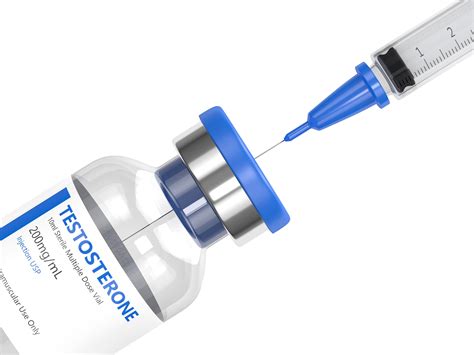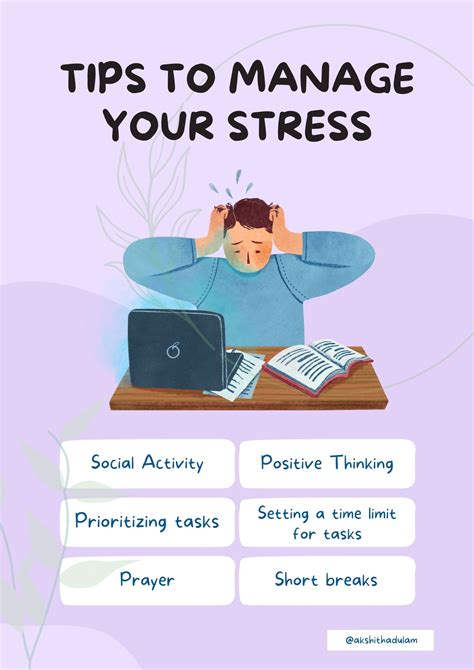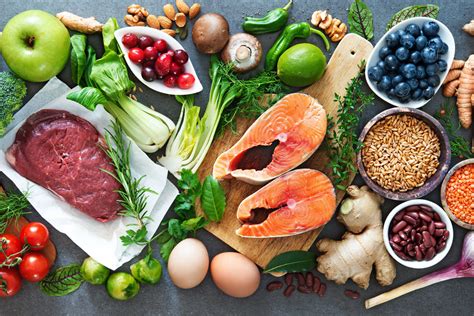How to naturally optimize male testosterone for peak performance?

Testosterone is a crucial hormone for male health, influencing everything from muscle mass and energy levels to mood, cognitive function, and libido. While synthetic solutions exist, many men seek natural ways to optimize their testosterone for peak physical and mental performance. This article delves into evidence-based strategies to naturally boost your testosterone, fostering vitality and well-being.

1. Fuel Your Body Right: The Power of Nutrition
A balanced, nutrient-dense diet is foundational for healthy testosterone levels. Focus on incorporating:
- Healthy Fats: Essential for hormone production, include sources like avocados, olive oil, nuts, seeds, and fatty fish.
- Quality Protein: Adequate protein intake supports muscle synthesis and hormone function. Lean meats, eggs, and legumes are excellent choices.
- Complex Carbohydrates: Provide energy and help regulate cortisol, preventing its testosterone-suppressing effects. Opt for whole grains, fruits, and vegetables.
- Key Micronutrients: Ensure sufficient intake of Zinc (oysters, beef, pumpkin seeds), Magnesium (leafy greens, nuts), and Vitamin D (fatty fish, fortified foods, sunlight exposure).
Limit processed foods, excessive sugar, and unhealthy trans fats, as these can contribute to inflammation and disrupt hormone balance.
2. Move Your Body: Smart Exercise Strategies
Not all exercise is created equal when it comes to testosterone. High-intensity interval training (HIIT) and resistance training (weightlifting) are particularly effective.
- Resistance Training: Focus on compound movements like squats, deadlifts, bench presses, and rows. These engage large muscle groups, stimulating a significant hormonal response. Aim for 3-5 strength training sessions per week.
- High-Intensity Interval Training (HIIT): Short bursts of intense exercise followed by brief recovery periods have been shown to boost testosterone.
Avoid chronic, excessive cardio, which can sometimes lead to an increase in cortisol and a decrease in testosterone. Balance is key, allowing for adequate recovery between intense workouts.

3. The Unsung Hero: Prioritize Quality Sleep
Sleep deprivation is a major enemy of testosterone. Most testosterone is produced during sleep, particularly during REM cycles. Aim for 7-9 hours of high-quality, uninterrupted sleep per night. To optimize your sleep hygiene and, consequently, your hormone production:
- Establish a consistent sleep schedule, even on weekends.
- Create a dark, cool, and quiet bedroom environment.
- Avoid screens (phones, tablets, computers) at least an hour before bedtime.
4. Conquer Stress: Mind Your Mental Health
Chronic stress elevates cortisol levels, a hormone that has an inverse relationship with testosterone; as one goes up, the other tends to go down. Incorporate stress-reduction techniques into your daily routine:
- Mindfulness Practices: Meditation, deep breathing exercises, and yoga can significantly lower stress.
- Nature Exposure: Spending time outdoors, especially in green spaces, has been shown to reduce stress hormones.
- Hobbies and Social Connection: Engage in activities you enjoy and maintain strong social bonds to foster mental well-being.

5. Embrace the Sun: Vitamin D’s Crucial Role
Vitamin D, often referred to as the “sunshine vitamin,” is actually a pro-hormone crucial for testosterone production. Studies consistently show that men with sufficient vitamin D levels tend to have higher testosterone. Aim for 10-30 minutes of direct sunlight exposure daily, when possible. During darker months or for individuals with limited sun exposure, a high-quality vitamin D3 supplement may be beneficial. Always consult a healthcare professional for appropriate dosage.

6. Lifestyle Tweaks for Lasting Results
Beyond the core pillars, several other lifestyle factors can significantly contribute to optimizing testosterone:
- Maintain a Healthy Weight: Obesity, particularly abdominal fat, is strongly linked to lower testosterone levels. Losing excess body fat can significantly improve your hormonal profile.
- Limit Alcohol Intake: Excessive and chronic alcohol consumption can impair testosterone production and increase its conversion to estrogen.
- Avoid Endocrine Disruptors: Be mindful of chemicals found in plastics (BPA), pesticides, and certain personal care products that can mimic hormones and disrupt the endocrine system. Opt for natural and organic alternatives where possible.

Conclusion
Optimizing testosterone naturally is a holistic endeavor that requires commitment to a healthy lifestyle. By integrating a nutrient-dense diet, smart exercise, quality sleep, effective stress management, adequate vitamin D, and mindful lifestyle choices, you can create an environment where your body thrives. These actions support optimal testosterone levels, leading to enhanced energy, strength, mood, and overall peak performance. Always consult a healthcare professional before making significant changes to your diet or lifestyle, especially if you have underlying health conditions.









